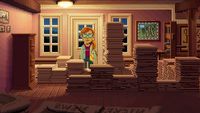Schreier: Take-Two's Foul Play Killed Devs of Kerbal Space Program 2
Jason Schreier from Bloomberg revealed the story behind Kerbal Space Program 2 switching developers. Original devs from Star Theory Games were to learn about it at the last minute, and Take-Two encouraged studio employees to leave the company. This ultimately led to the dissolution of the team working on the second KSP until last December.
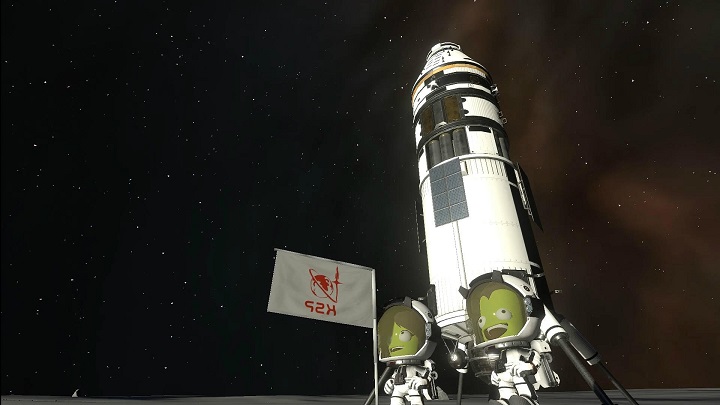
- Jason Schreier published an article about the fall of Star Theory, the studio of former devs of Kerbal Space Program 2;
- In December 2019, Star Theory employees received a message from Take-Two through LinkedIN, where the publisher informed about the project being transferred to a new team (Intercept Games) and encouraged the devs to join the other studio;
- After some of the employees left, Star Theory wanted to develop a project to be presented at GDC 2020, but the cancelation of the event due to coronavirus nullified these plans. The studio was dissolved on March 4.
Jason Schreier may have left Kotaku, but the well-known journalist still provides us with various reports from the game industry. Of course, this includes information that puts various studios, publishers or companies in a bad light. Schreier's latest article (currently working for Bloomberg) takes shots at Take-Two Interactive, and the main characters of the story is Star Theory Games, i.e. former devs of Kerbal Space Program 2. "Former", because the studio was dissolved at the beginning of March, which was supposed to be the result of dubious moves of the publisher.
'A nice start to a bad ending
The continuation of Kerbal Space Program, announced in August last year, stirred the imagination of many players. The first may not have been a bestseller for an AAA game, but the millions of copies sold, popularity on YouTube and numerous products using KSP license (toys, clothes, etc.) were a visible testimony to the great success of the independent studio Squad. This attracted the attention of Take-Two Interactive, which bought out rights to the IP in 2017. This resulted in the reveal of Kerbal Space Program 2 two years later.
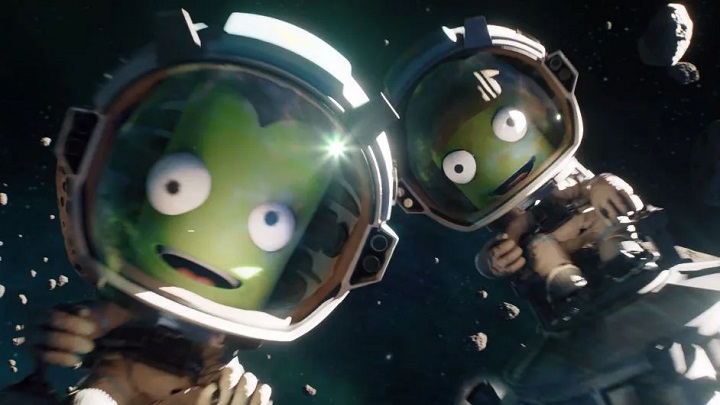
Crisis from nowhere
The enthusiasm of the players was widespread, and subsequent reports from new devs from Star Theory (including lack of microtransactions) and dev diary enties suggested that work on the project was going smoothly. This was confirmed by Star Theory employees, who were reached by Jason Schreier. The game's presentation in September at PAX West was also optimistic. The bigger the surprise, when Take-Two sent a message to studio's employees on December 6 through LinkedIN. Michael Cook, executive producer at Private Division, informed about the transferring Kerbal Space Program 2 to a new team - Intercept Games - and encouraged members of Star Theory to join it.
It's not hard to guess that the news was equally surprising and disturbing to the devs, especially since it was not preceded by any statements from the studio's management. It was only a few days later that a meeting of all available employees was called. It was then that Bob Berry and Jonathan Mavor, head of the studio, talked about negotiations with Take-Two about the publisher acquiring the developer. However, the publishers' conditions turned out to be unsatisfactory for the founders of Star Theory. At the same time, both gentlemen assured that the studio still has funds on bank accounts and the team can start looking for a contract with another publisher. Such information was obtained by Schreier from five studio employees, who insisted on remaining anonymous.
GDC 2020 to the rescue
The next few weeks were pure chaos. More than 1/3 of Star Theory employees left to join Take-Two's studio, including three board members headed by CEO Jeremy Ables. The morale of the rest of the team was low: whether to abandon their colleagues and join Intercept Games or stay and risk losing their livelihood. However, a contingency plan was drawn up in January: over the next two months, the developers were to brainstorm and make a prototype of the most promising idea. With this, they were to go to March's GDC 2020 - in the hope that their work will attract the attention of a publisher ready to support the studio. It was a desperate plan, but Star Theory had nothing to lose.
Coronavirus kills (devteams)
Unfortunately, reality has verified these plans in the most cruel way. The coronavirus pandemic translated into cancelations or delays of subsequent industry events and this year's GDC fair was no exception. Thus, the fate of Star Theory was sealed - the studio was dissolved on March 4. Employees were paid a month's pay and receiived health insurance for two months, some of them joined Intercept Games.
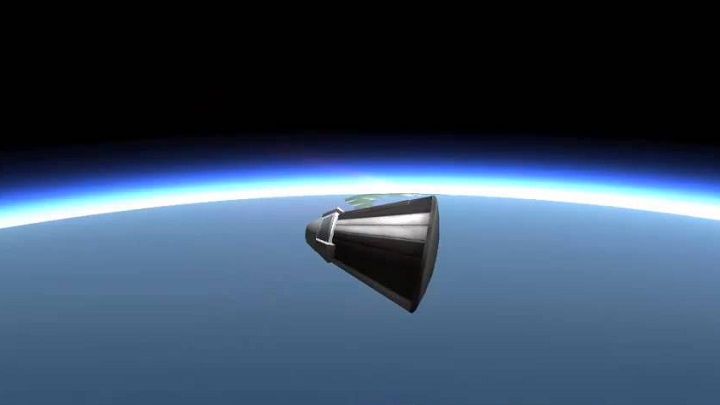
What now with Kerbal Space Program 2?
Apart from the sad fate of the studio, which has existed for more than a decade, the further fate of Kerbal Space Program 2 may be much more important for many people. In fact, the project is developed by the same devs, mostly. Not all Star Theory employees have taken advantage of Take-Two's offer, some of them not being eager to work for a big publisher. There is also a suspicion that this type of turbulence could have disrupted the previously smooth course of work on the game. Indeed, the company recently announced that the release of KSP2 has been delayed until the end of 2021. But in the current, still unstable situation with the coronavirus, it is difficult to prove that it is the turmoil caused by the publisher that caused the delay. In addition, according to Bloomberg, last year Star Theory itself asked for a six-month postponement to add new content to KSP2.
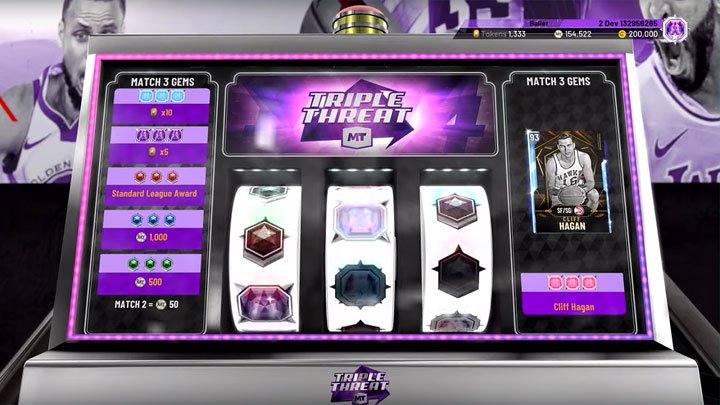
There is also the issue of reputation, and with this Take-Two may have a big problem. Jason Schreier's earlier reports about the backstage of Red Dead Redemption 2's development, which did not make the American publisher many friends, are one thing. Other problem would be microtransactions in games like NBA 2K series, although they undoubtedly angered many players (enough to look at the ratings of the latest installment on Steam).
But the two aformentioned issues pale when compared to straining the trust of developers. It is no secret that publishers have a considerable influence on the functioning of their studios, deciding on marketing or distribution. Of course, the benefits of such cooperation (read: financial stability and taking care of publishing-related formalities) are enormous, and the company does not have to hinder developers' work. Paradoxically, a good example is... Kerbal Space Program 2, which, in the opinion of the employees, was developed efficiently and without problems for two years, and Star Theory even managed to ask for the aforementioned deadline extension. However, what if it enables the same publisher to take the project away from the original devs without any warning and the company itself starts to poach the developer's employees? Yes, such a thing would give many a studio something to think about.
We would like to point out that so far we have not gained official confirmation of these reports. Bob Berry and Jonathan Mavor refused to comment it. Kerbal Space Program 2 will be released next year on PC, Xbox One and PlayStation 4 by Private Division.
0

Author: Jacob Blazewicz
Graduated with a master's degree in Polish Studies from the University of Warsaw with a thesis dedicated to this very subject. Started his adventure with gamepressure.com in 2015, writing in the Newsroom and later also in the film and technology sections (also contributed to the Encyclopedia). Interested in video games (and not only video games) for years. He began with platform games and, to this day, remains a big fan of them (including Metroidvania). Also shows interest in card games (including paper), fighting games, soulslikes, and basically everything about games as such. Marvels at pixelated characters from games dating back to the time of the Game Boy (if not older).
Latest News
- End of remote work and 60 hours a week. Demo of Naughty Dog's new game was born amid a crunch atmosphere
- She's the new Lara Croft, but she still lives in fear. Trauma after Perfect Dark changed the actress' approach to the industry
- „A lot has become lost in translation.” Swen Vincke suggests that the scandal surrounding Divinity is a big misunderstanding
- Stuck in development limbo for years, ARK 2 is now planned for 2028
- Few people know about it, but it's an RPG mixing Dark Souls and NieR that has received excellent reviews on Steam, and its first DLC will be released soon


